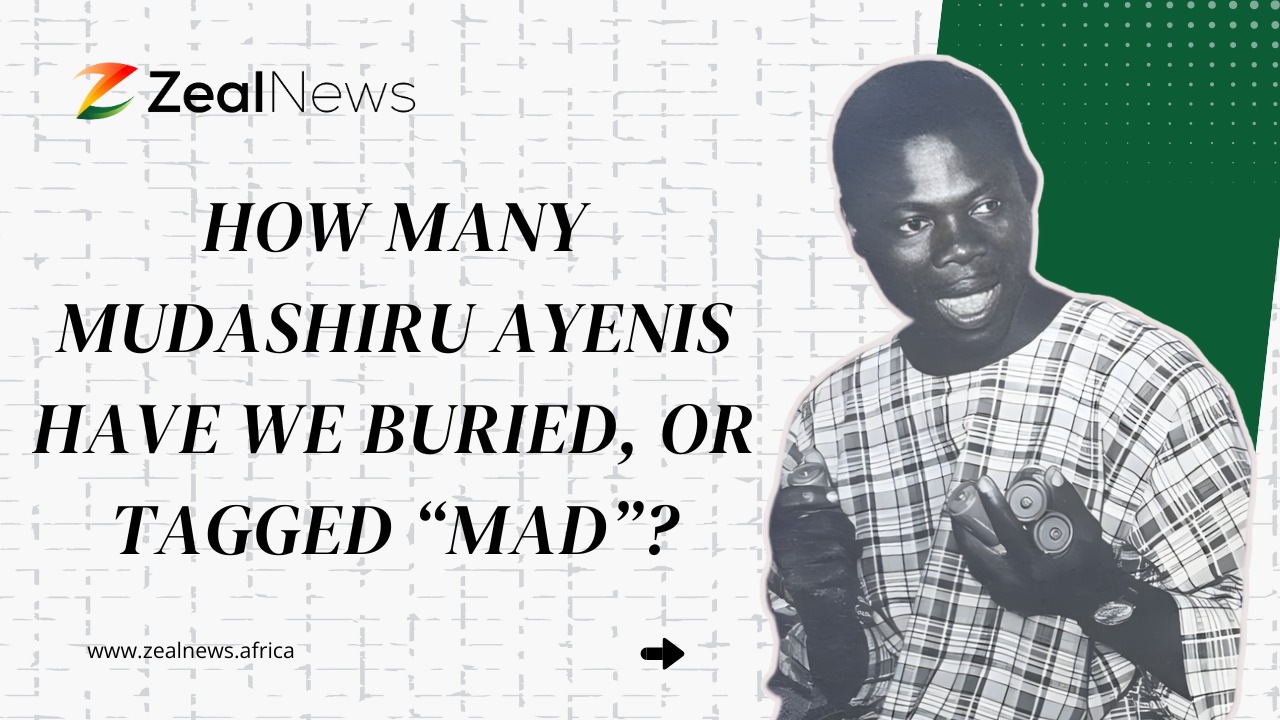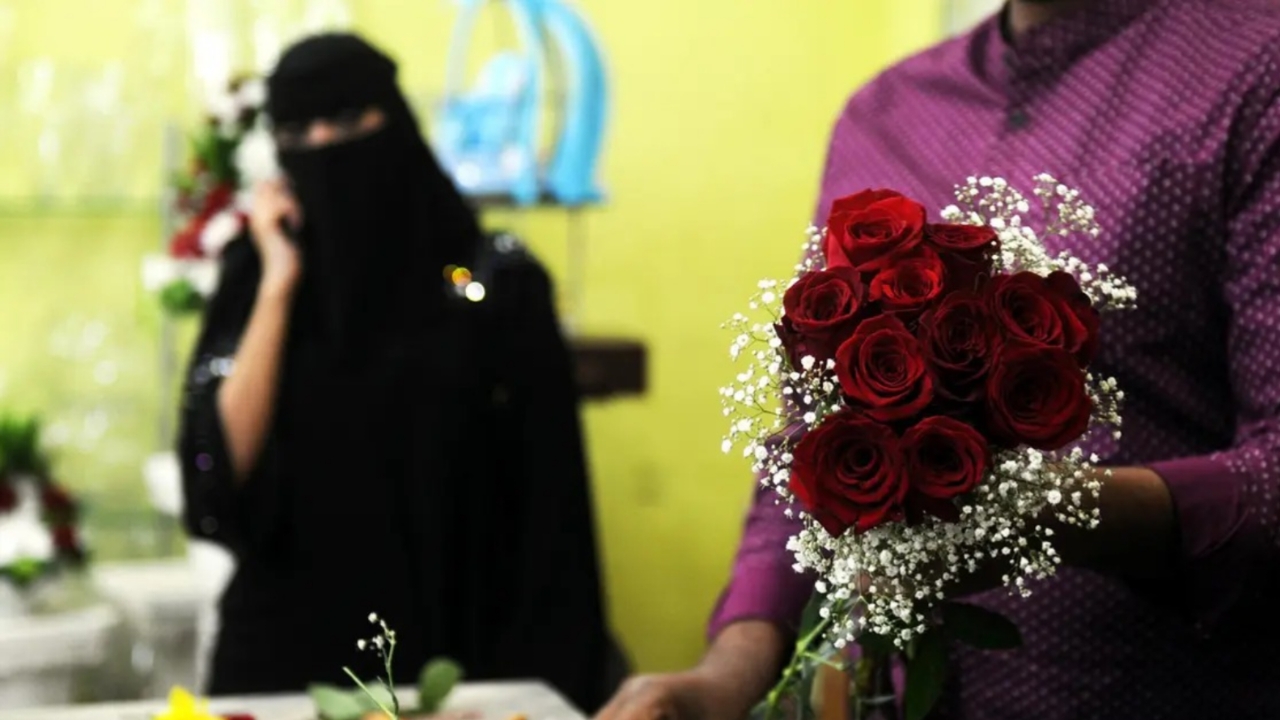If You’re a Gamer, Then Morocco Is Building the Ideal Country for You
.jpeg)
A Digital Kingdom Awakens
In Morocco, where the sands of the desert meet the Atlantic breeze and minarets echo into city skylines, a new sound is rising—not the call to prayer, but the hum of servers and the rhythm of code. It’s coming from game labs, startup hubs, and state-backed incubators.
It is not a rebellion, nor a revolution. It is more subtle. Morocco is not shouting; it is simply building—and what it is building is fast becoming a paradise for digital creatives and gamers alike.
This is not the Morocco of postcards and ancient medinas. This is the Morocco of pixelation and VR headsets, of late-night coding sessions and cultural reinvention. A Morocco that’s investing in its youth by speaking their language—quite literally—in digital dialect.
Game On: National Intent Meets Cultural Expression
At the heart of this transformation is the recognition that gaming is not a distraction—it is a discipline. It is a space where technology, storytelling, and economics intersect. Morocco’s decision to embrace this space is not random; it is strategic.
Through national programs that empower digital arts and e-sports, Morocco is crafting a new kind of citizenship: one that is fluent in technology but rooted in tradition. In cities like Casablanca and Rabat, you’ll find co-working spaces and animation studios where developers are weaving Amazigh myths and North African folklore into immersive game environments. Here, gaming is not escapism—it is heritage, reloaded.
The government has poured funding into digital literacy, offering grants and training for young creators in game design, software development, and multimedia production. And this is not limited to the elite. From high schools to universities, there is a widening path being laid for the next generation of Moroccan game developers.
Infrastructure, Talent, and Trust
For any ecosystem to thrive, three things must align: infrastructure, talent, and trust. Morocco is steadily cultivating all three.
Infrastructure has improved through significant investments in broadband connectivity and digital education. Urban areas are now digitally dense, with a growing number of tech parks and digital media hubs. Most notable is Technopolis, a cluster in Rabat that houses some of the most promising digital startups in the country, including those in gaming.
Talent, too, is rising. Young Moroccans are not only consuming global content—they are creating it. Game jams, coding competitions, and university-led hackathons have become common. The focus is not merely on playing games but understanding how they’re built—from logic trees to narrative arcs, from user interface to monetization.
And then there’s trust—the kind that governments rarely extend to creative industries. In Morocco, however, there is growing recognition that the cultural economy is worth the bet. Artists, designers, and developers are finding themselves not just encouraged but actively supported.
This trust is both symbolic and structural. It signals that Morocco believes in the creative power of its youth and is willing to invest not just in what they consume, but in what they can create.
More than Entertainment
What’s most exciting is that Morocco’s gaming ambition is not solely about entertainment. It’s about crafting new digital economies, exporting culture, and building sovereign narratives. The country understands that a well-designed game is also a teaching tool, a diplomacy asset, and in many cases, a business model.
Game design here is now being taught as a serious discipline—combining visual storytelling with tech-savviness and an acute awareness of cultural nuance. Students are learning to code characters that reflect their world, speak their dialects, and address their issues. A new game might teach the history of the Almoravid dynasty; another may explore themes of migration, identity, or urban life in Tangier.
These are not superficial imitations of global franchises. They are rooted, intentional, and quietly radical.
A New Imagination for the Kingdom
What Morocco is building is not just a gaming industry. It is building an imagination infrastructure. One that allows young people to believe that they don’t have to leave the country to thrive in digital spaces. That their art, their language, and their ideas are not just valid but valuable.
This is a powerful shift. For decades, many young Moroccans saw tech as something imported—something foreign. Now, they are seeing it as something they can shape. Gaming, in this context, is not an escape from reality. It is a new way of interpreting it, enhancing it, and ultimately rewriting it.
The rise of Moroccan gaming also invites a deeper question: what happens when a nation reclaims the right to tell its stories—not through textbooks or treaties, but through gameplay?
It becomes a soft power force. It becomes a site of negotiation. It becomes, above all, a future worth participating in.
Still Early, Still Promising
Of course, this journey is still young. There are hurdles ahead—questions of regulation, access for rural communities, the risk of foreign dominance in content creation. But even with these challenges, one thing is clear: Morocco has committed to this path. The foundation is being laid not for a trend, but for a transformation.
The country’s young creatives are not waiting for permission. They are already developing multiplayer worlds, designing augmented-reality maps of historical sites, and using gaming engines for education and architecture.
Latest Tech News
Decode Africa's Digital Transformation
From Startups to Fintech Hubs - We Cover It All.
Morocco is no longer watching the future unfold. It is writing on its own level.
The End of Spectatorship
Gaming may have begun as a Western export, but in Morocco, it is quickly becoming a cultural export in the making. And it’s doing so with a quiet, steady confidence that doesn’t seek applause—only progress.
If you're a gamer, a coder, a storyteller, or simply someone who believes in the future of digital culture—then Morocco is a place to watch. Not because it’s perfect. But because it is intentional. And because it’s building a world where gaming is more than fun. It’s foundational.
In this new Morocco, the joystick is a tool, the screen is a canvas, and the players—their youths the architects—shaping their tomorrow.
So get ready gamers to be a part of this tomorrow.
You may also like...
Explosive Racism Claims Rock Football: Ex-Napoli Chief Slams Osimhen's Allegations

Former Napoli sporting director Mauro Meluso has vehemently denied racism accusations made by Victor Osimhen, who claime...
Chelsea Forges Groundbreaking AI Partnership: IFS Becomes Shirt Sponsor!

Chelsea Football Club has secured Artificial Intelligence firm IFS as its new front-of-shirt sponsor for the remainder o...
Oscar Shockwave: Underseen Documentary Stuns With 'Baffling' Nomination!
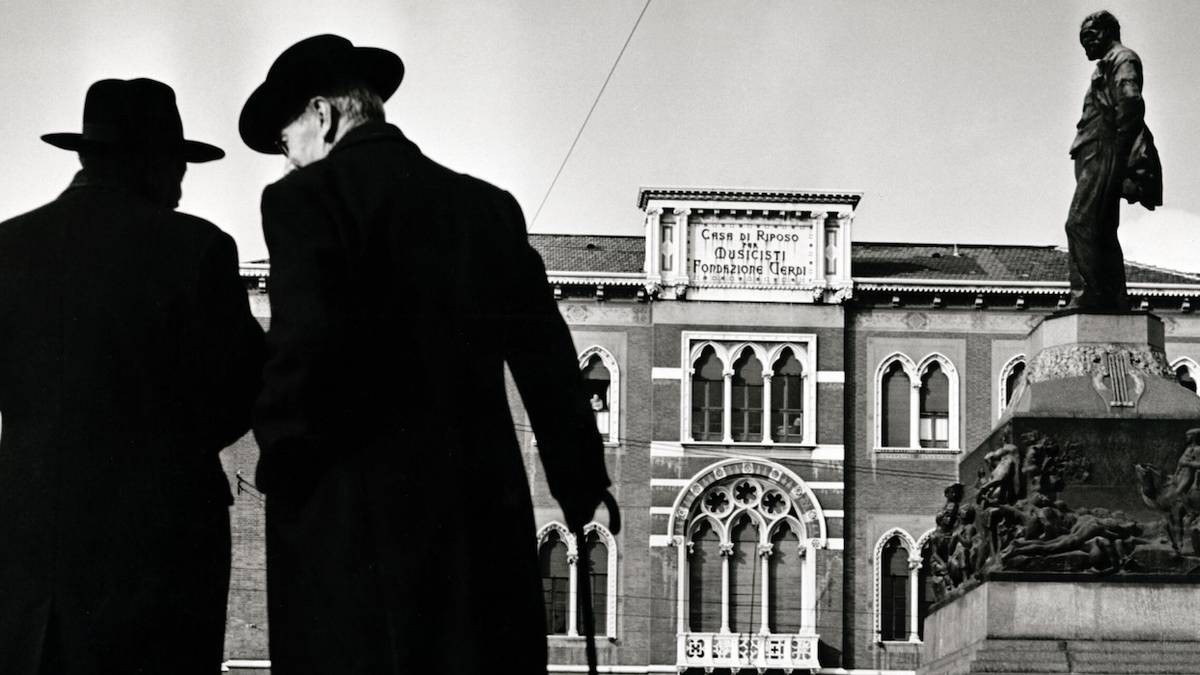
This year's Academy Awards saw an unexpected turn with the documentary <i>Viva Verdi!</i> receiving a nomination for Bes...
The Batman Sequel Awakens: Robert Pattinson's Long-Awaited Return is On!
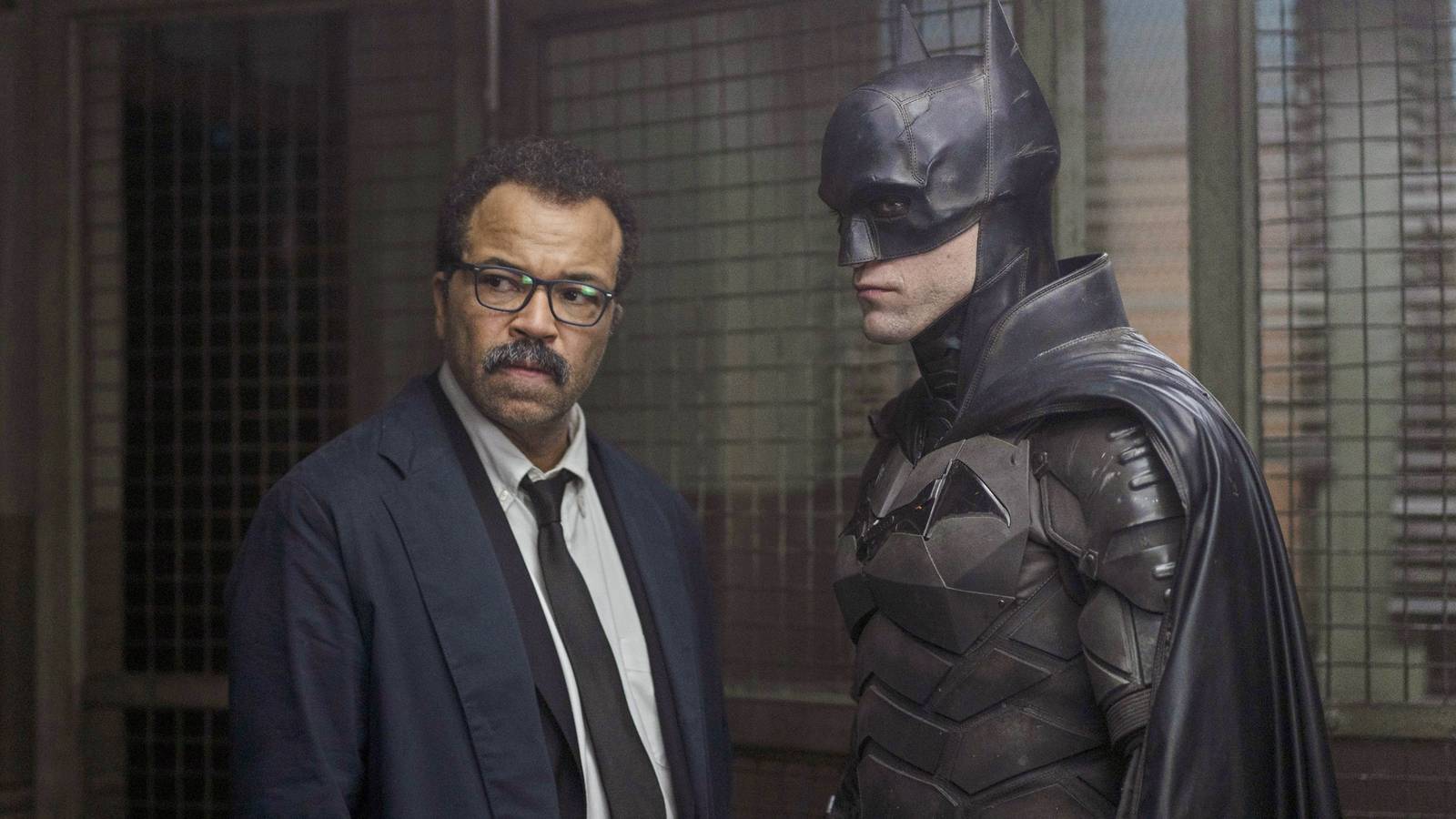
Robert Pattinson's take on Batman continues to captivate audiences, building on a rich history of portrayals. After the ...
From Asphalt to Anthems: Atlus's Unlikely Journey to Music Stardom, Inspiring Millions

Singer-songwriter Atlus has swiftly risen from driving semi-trucks to becoming a signed artist with a Platinum single. H...
Heartbreak & Healing: Lil Jon's Emotional Farewell to Son Nathan Shakes the Music World

Crunk music icon Lil Jon is grieving the profound loss of his 27-year-old son, Nathan Smith, known professionally as DJ ...
Directors Vow Bolder, Bigger 'KPop Demon Hunters' Netflix Sequel
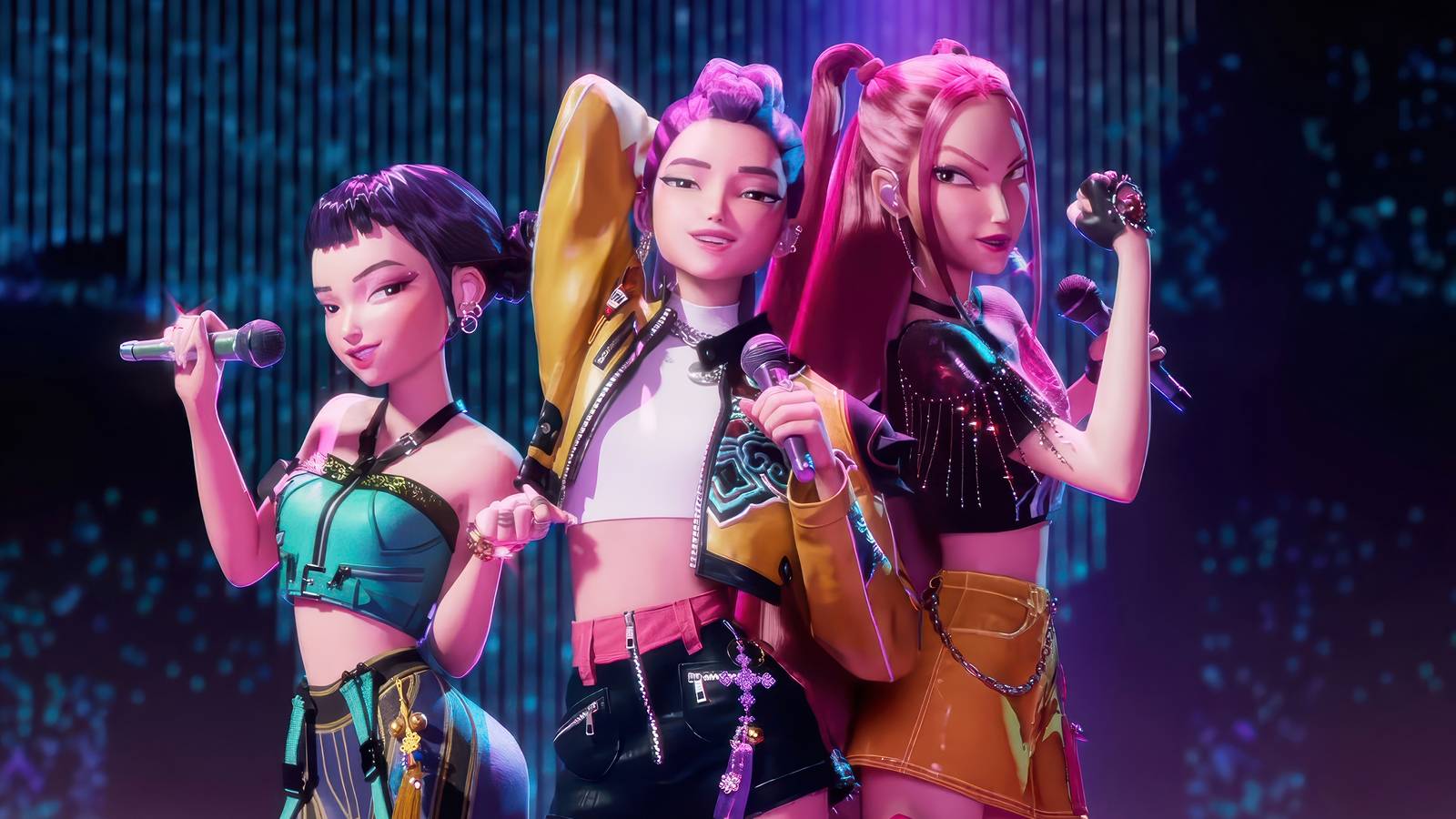
Directors Maggie Kang and Chris Appelhans discuss the phenomenal success of Netflix's "KPop Demon Hunters," including it...
From Addiction to Astonishing Health: Couple Sheds 40 Stone After Extreme Diet Change!

South African couple Dawid and Rose-Mari Lombard have achieved a remarkable combined weight loss of 40 stone, transformi...




